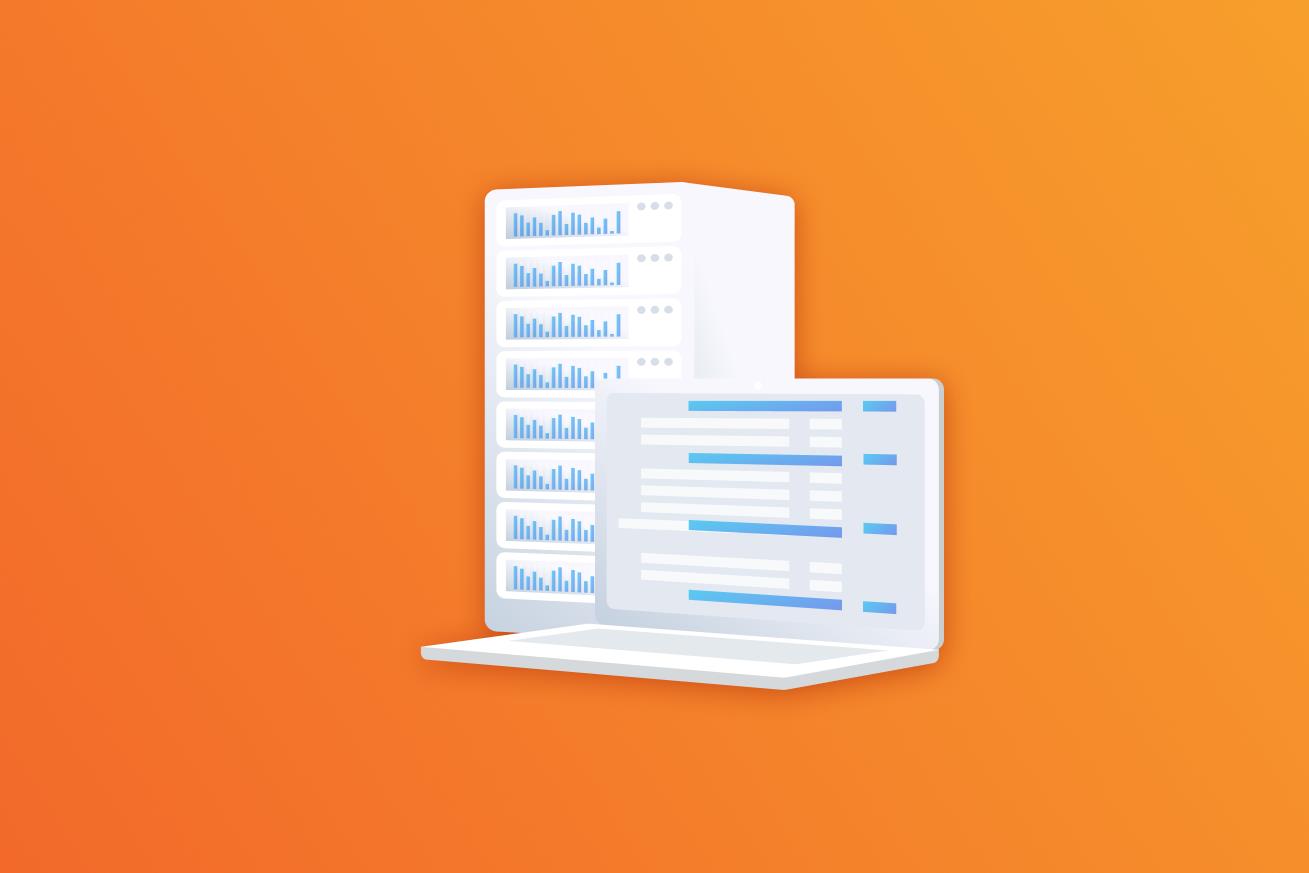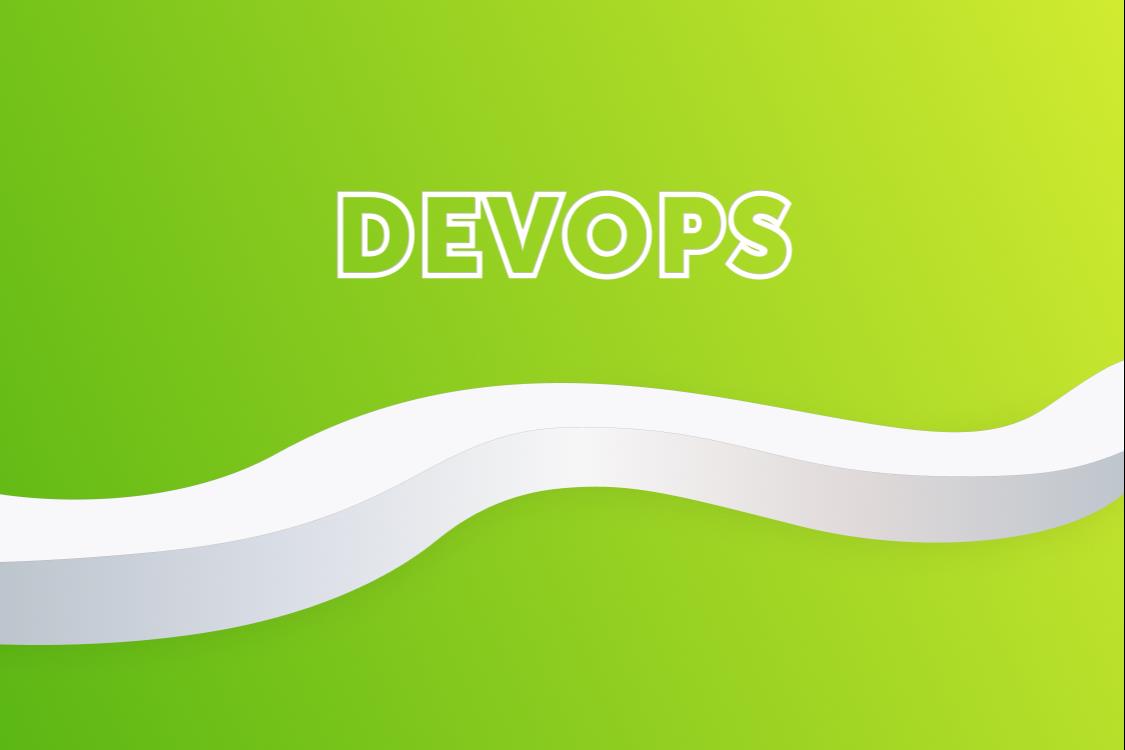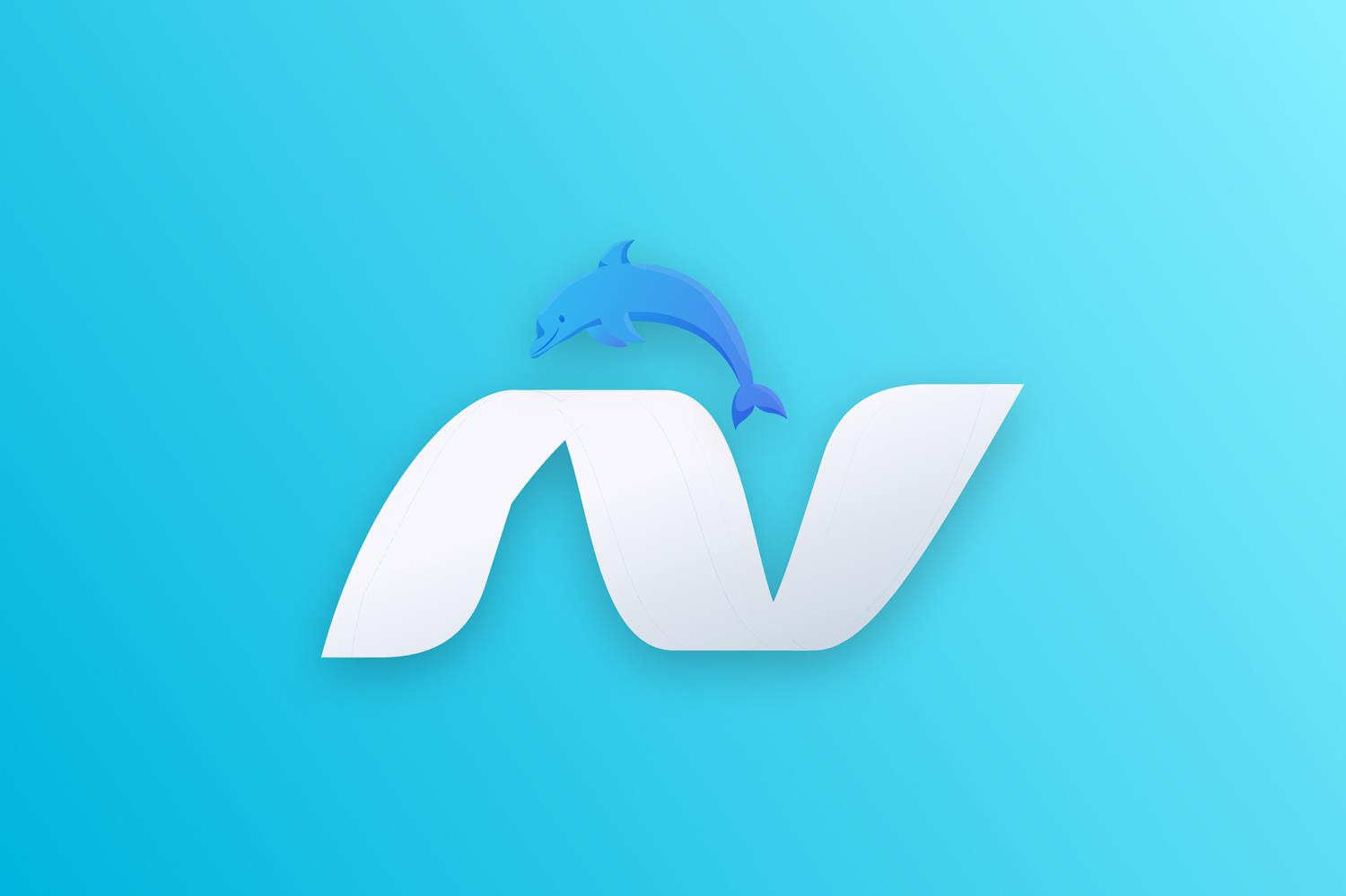"Java is here to stay,” says Andrii Dudnik, Lead Software Engineer, EPAM. He got into computer science when BASIC programming language was still trendy, and his first "tangible" reward for coding was an A+ exam grade for creation of a mini-game. Having gone through several stages of professional evolution, including writing programs for research institutes, creating fantasy games, and even a virus (which, to be said, could only do harm with a consent of a potential victim), Andrii has finally chosen Java, which he inalterably considers a right call. At recent Juniors Online Conference, a developer with 25 years of experience shared his thoughts on why Java is one's path to personal freedom.
Java won't let you write poor code
I have been working with Java since the 2000s. From the very beginning, I have been impressed by the maturity of the language and its inbuilt leaning towards clean, easy-to-comprehend code. Of course, if you are deliberately trying to mess up a project, Java will let you do so — yet, in general, the language facilitates the creation of consistent & simply beautiful code.
Historically, Java was based on the "Write once, run everywhere" principle. In the 90s, there were many processor architectures on the market, and programmers had to write code compatible with each particular case. That scenario greatly complicated developers' work and required a significant amount of time. Java was created in 1995 as a universal platform that allowed developers to write code compatible with all existing architectures. Moreover, the scientists from Stanford University, who developed the language, integrated the spirit of freedom and equality into it by default. So, the main feature of Java is, without doubt, its adaptability.
Java and its derivatives are everywhere
What do smart coffee-makers, Android apps, e-commerce websites, popular games, IDEs, and cloud storage have in common? You probably have already guessed that the answer is, yet again, Java. Today, this language and its derivatives are present almost everywhere to one extent or another.
Java is the most popular server-side language among the leading technology companies. It is used by Google, Amazon, YouTube, Twitter, eBay, LinkedIn, to name a few. High-capacity Enterprise-grade cloud systems are Java-based as well, although scripting languages like Go or Python are often used for prototyping. Popular modern languages Kotlin and Scala run on Java virtual machine (JVM), inside which they are compiled into Java-specific bytecode.
According to the Software Development Times magazine, the main trend of 2021 that is gaining momentum and makes it possible to speed up and reduce the cost of digitalization is the low code. It is fair to say that low code platforms have become a full-fledged acceptable solution thanks to the use of standard Java technologies.
And even Big Data, which is traditionally reigned by Python, is gradually incorporating Java elements. Indeed, thanks to the presence of a robust ecosystem of standard solutions, libraries, and other instruments that have been tested over the years, one can easily create a framework and add some nuances that a particular task requires.
Java is the digital world Esperanto
Java is the universal language of the international IT community. It has been studied at the world's best universities for over the past 20 years. Given current trends, it is safe to say that for the next 15-20 years at least, the majority of architects will continue to "communicate" in Java.
Developers who know Java are familiar with basically all fundamental concepts of other languages, which means they can feel secure about their professional future. Java is the choice of large corporations in many industries – including retail, automotive industry, fintech, e-commerce, healthcare, and others. Apart from the obvious characteristics like versatility and adaptability, geography is also a contributing factor on Java's behalf. It is widely spread all over the world, unlike the aforementioned Python, the popularity of which, for example, in Asia is very low. Due to globalization, customers often split product development and support among employees in different parts of the world, so geographical factor contributes to Java's popularity greatly.
Java is powerful but also demanding
If you want to feel personal freedom with Java, you need to stay ahead of the game. To master a popular framework like Spring and consider yourself a sought-after developer for years to come is indeed a professional suicide. You develop by constantly learning, delving into, trying something new. Your allies in this are industry newsfeeds, blogs, pet project where you'll be able to test everything you have just read about.
So, if you have decided to lay the foundation for sustainable professional development – do not chase trends; focus on the basics instead. And if Java is what you are interested in, we invite you to check the available Java educational programs in EPAM.








